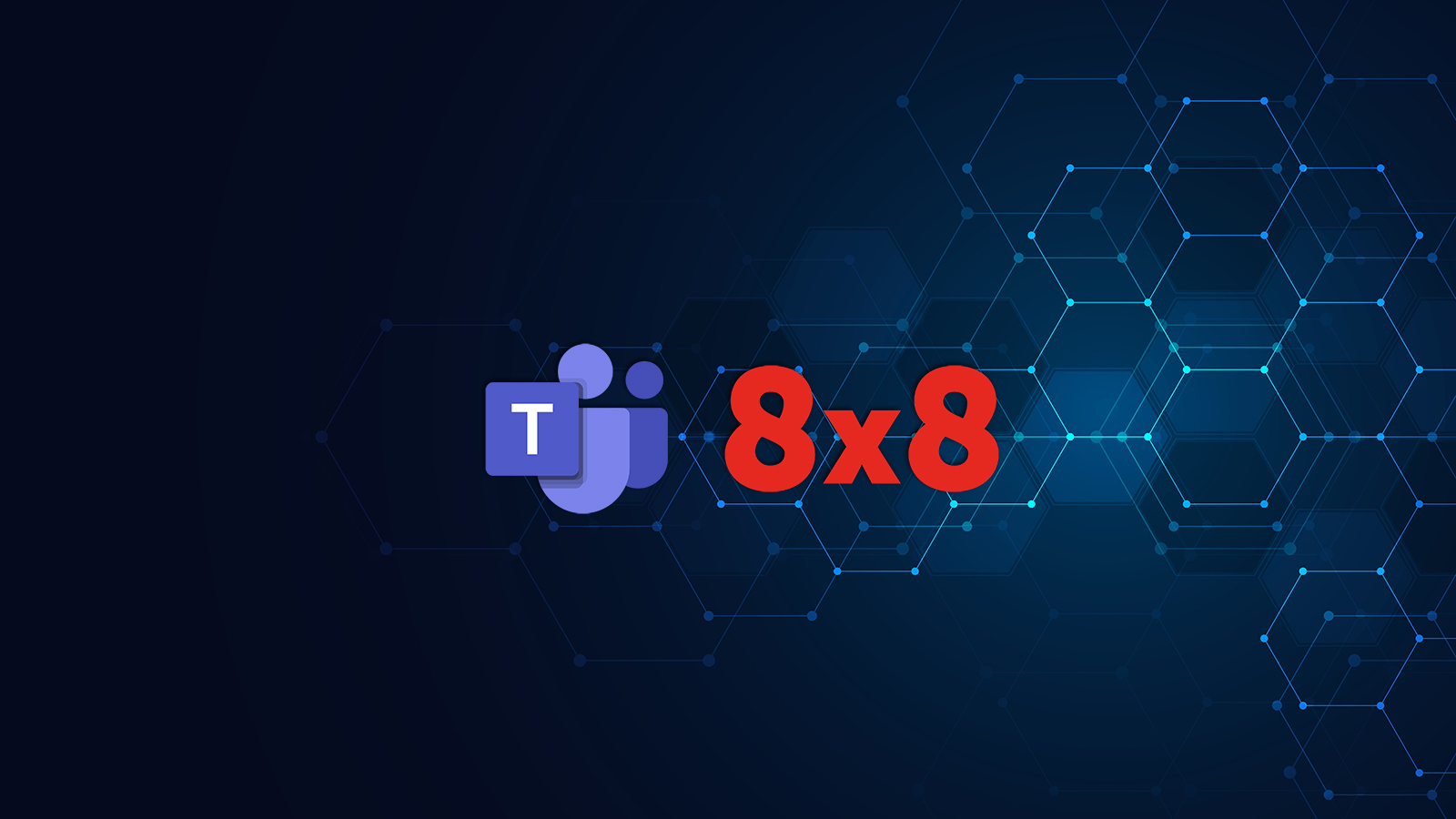Navigating the power and potential of AI in the workplace.
Once confined to the realms of science fiction, the artificial intelligence (AI) boom is well underway. Now, generative AI seems to be everywhere, with popular interfaces including ChatGPT, DALL-E and Bard. Considered by some to be the most important technology advance in decades[1], what’s clear is that AI is here to stay — and with its potential to totally transform the way we work, it’s important to get ahead of the curve.
AI goes mainstream
We’ve seen that Microsoft has been investing heavily in AI for some time now — including $10 billion earlier this year into OpenAI, the research and development company behind ChatGPT[2] — and clearly considers AI to be a significant part of its strategy moving forward.
As part of its broader efforts to leverage AI to improve productivity and streamline workflows, Microsoft recently announced the launch of Copilot, an AI-powered tool set to be integrated into the 365 suite later this year. Copilot combines the technology behind ChatGPT with business data in Microsoft Graph and Microsoft 365 applications to turn written prompts into a productivity tool tailored to your organisation. But what would this mean in practice?
The AI advantage
One of the most powerful aspects of adopting AI in the workplace is its potential to make our lives easier. Here’s how…
Enhanced efficiency
From automating routine tasks and reducing errors to analysing data and identifying areas for improvement, AI productivity tools can help businesses optimise their operations and free up time, enabling employees to focus on more important tasks — all with the potential to reduce costs and improve profitability.
Extensive business insights
We’re now seeing AI being incorporated into analytics platforms, unlocking the potential of business data. Organisations can use language prompts to analyse large amounts of data with high levels of accuracy, generating valuable insights and assisting with the decision-making process.
Improved CX
AI-powered chatbots and customer service tools can provide fast and accurate responses to inbound enquiries, improving customer satisfaction while reducing the workload of the customer service team.
Intelligent security
AI has the potential to supplement cyber security teams and help them stay ahead of the curve — with more accurate threat detection, improved ability to block threats and faster remediation seen as the biggest benefits.[3]
The bigger picture
As with many new transformative technologies, AI hasn’t been welcomed with open arms by all. The last few months have found it regularly hitting the headlines, with concerns around bias (albeit unintentional — the AI can only be as good as the data it’s trained on) privacy and job security.
Microsoft has acknowledged these concerns and taken steps to address them, committing to upholding several principles for responsible AI development, including transparency, fairness, and inclusivity. It’s also invested in AI ethics research and created tools to help developers identify and mitigate bias in their AI algorithms.
And in terms of job security, it’s worth remembering that AI can actually create new opportunities and significantly enhance existing roles — augmenting human capabilities rather than replacing them. For example, the specifics of a prompt determine the quality of the response, so ‘prompt engineering’ — the art of asking the right question to get the answer you want — will soon become a critical skillset.
Of course, whichever AI-enabled products or services you’re considering, it’s important to conduct your usual due diligence as you would with any new technology or partner and ensure that privacy or security concerns are addressed before introducing it into your IT environment.
Shaping tomorrow
It may still be early days, but the emerging impact of AI in the workplace is undeniable. It’s already demonstrated its ability to streamline workflows, boost productivity and enhance the customer experience. Soon, it will become fully integrated into productivity suites, enabling easy, widespread access. The future belongs to the organisations that recognise and embrace its potential today. So watch this space…
[1] The Age of AI has begun | Bill Gates (gatesnotes.com)
[2] Microsoft Confirms Its $10 Billion Investment Into ChatGPT, Changing How Microsoft Competes With Google, Apple And Other Tech Giants (forbes.com)
[3] ‘The State of Email Security Report 2023’, Mimecast


